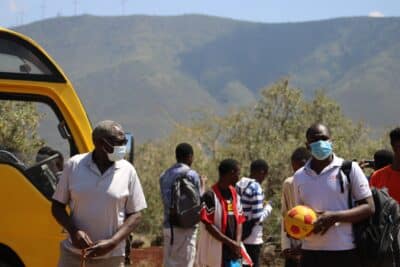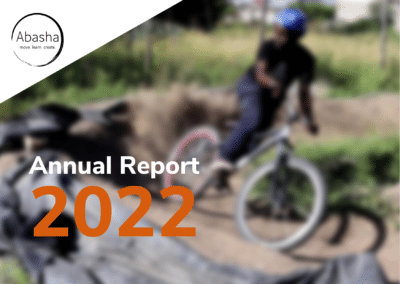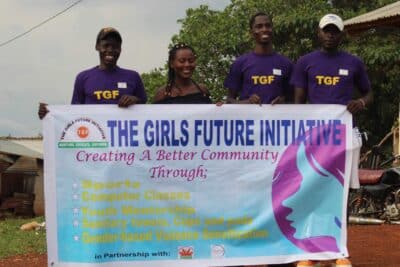Period Poverty in Kenya
Period Poverty means that those affected do not have the financial means to buy and use the period products they desperately need. Menstruators are forced to improvise with toilet paper or old cloth scraps etc. This can lead to serious health problems. “Substitute products” are usually neither pleasant nor hygienic. Menstruators run the risk of developing infections that can lead to serious health problems. Apart from the physical stress, period poverty is often accompanied by psychological stress for those affected: from the shame of talking about periods in general, to the shame of not being able to afford suitable products to make them more comfortable. Not being able to leave the house during the period can lead to isolation and can have a negative impact on school performance. Affected female students miss school days every month, which is often reflected in lower grades. Additionally, only about 32% of schools in Kenya have a suitable place for young women and girls to change sanitary products.

In Kenya, 65% of menstruating women are unable to adequately equip themselves with sanitary pads. A pack of sanitary pads costs $1. This is more than half the amount available to 36% of people living in Kenya, for a full day. In addition, the same products are about twice as expensive as in Germany, even though they are of the same brand. In some cases, they are even four times as expensive. If we include PPP (purchasing power parity), we find that a period in Kenya is between 40 and 50 times as expensive as in Germany.

Gender inequity is also evident in menstruation: 2 out of 3 pads available to women are bought for them by their sexual partners. In some non-negligible cases, the only way out for women is prostitution to get the basic hygiene products they need every month. This highlights the extent to which women are dependent on men for basic hygiene necessities.
For as little as 15€, a girl can be provided with the necessary sanitary supplies for her period for an entire year so that she can go to school. Help us together with The Girls Future to ensure that more girls have their periods in dignity!



